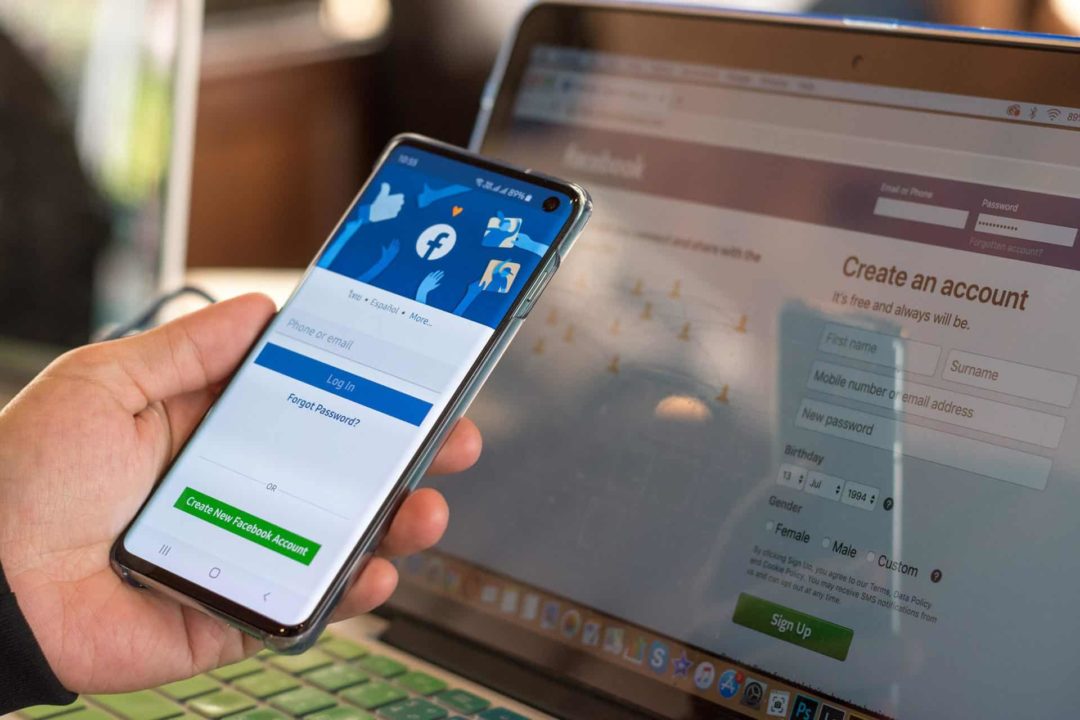A civil rights coalition including the Anti-Defamation League (ADL) and the NAACP launched the#StopHateforProfitcampaign last week and called on major corporations to pause advertising on Facebook. In anopen letter to businesses,ADL wrote: “When it comes to dealing with rampant hate and harassment, the platform continues to come up short… Their hate speech, incitement, and misinformation policies are inequitable. Their harassment victim services are inadequate. Their advertising placement’s proximity to hateful content is haphazard. And their ‘civil rights’ audit transparency reports aren’t helpful to the civil rights community.”
The letter also noted that, while Facebook may be doing better lately, “’Better’ isn’t good enough when you have billions of users and rampant hate pervading 24 hours a day, seven days a week, across the globe.” And the week the letter was written, “Facebook made the decision to create a giant loophole in its fact-checking program that will allow climate science denial to flourish further.”
On Stop Hate for Profit’swebsite,the hope page asks the question: “What would you do with $70 billion?” The site notes that Facebook used that ad revenue money to “allow incitement to violence against protesters fighting for racial justice in America in the wake of George Floyd, Breonna Taylor, Tony McDade, Ahmaud Arbery, Rayshard Brooks, and so many others… They named Breitbart News a ‘trusted news source’ and made The Daily Caller a ‘fact checker’ despite both publications having records of working with known white nationalists… Could they protect and support Black users? Could they call out Holocaust denial as hate? Could they help get out the vote? They absolutely could. But they are actively choosing not to do so.”
The companies choosing to participate include Ben & Jerry’s, Chobani, Clif Bar, Clorox, Earth’s Own, Hershey’s, KIND, Patagonia, Pharmavite, Theo Chocolate, Unilever,and more.
Unilever said it will pull U.S. advertising from Facebook, Instagram, and Twitter, CNN says, and said that the commitment will hold through at least the end of 2020. “Continuing to advertise on these platforms at this time would not add value to people and society… The complexities of the current cultural landscape have placed a renewed responsibility on brands to learn, respond, and act to drive a trusted and safe digital ecosystem.”
Patagonia made their announcement to pull ads from Facebook and Instagramon Twitter.“For too long, Facebook has failed to take sufficient steps to stop the spread of hateful lies and dangerous propaganda on its platform… We stand with #StopHateforProfit in saying Facebook’s profits will never be worth promoting hate, bigotry, racism, antisemitism, and violence.”
Ben & Jerry’s wrote in astatement on their website:“Ben & Jerry’s stands with our friends at the NAACP and Color of Change, the ADL, and all those calling for Facebook to take stronger action to stop its platforms from being used to divide our nation, suppress voters, foment and fan the flames of racism and violence, and undermine our democracy.”
Carolyn Everson, VP of Facebook’s Global Business Group, told CNN in a statement that “We deeply respect any brand’s decision and remain focused on the important work of removing hate speech and providing critical voting information. Our conversations with marketers and civil rights organizations are about how, together, we can be a force for good.”
Reuters reportedthat the next step in the campaign will be to call on major companies in Europe to join the boycott. Jim Steyer, Chief Executive of Common Sense Media, told Reuters in an interview that “the next frontier is global pressure.” Reuters noted that Unilever’s pause on U.S. spending for the rest of the year only accounts for about 10% of the overall estimated $250 million it spends on Facebook annually. Additionally, only a quarter of Facebook’s $70 billion in advertising sales comes from big companies; the majority of its revenue comes from small businesses, according to Reuters.
That said, Reuters notes that this publicity has hurt Facebook—on Friday, Facebook saw an 8.3% decline in stock price, which wiped out $56 billion.
Reuters reported that on Friday Facebook made efforts to introduce new measures to ban ads and label hate speech from politicians. Jessica Gonzalez, Co-Chief Executive of Free Press, told Reuters it’s not enough. “If they think they are done based on Friday, they are sorely mistaken. We don’t need a one-off policy here and there. We need comprehensive policy.”
The campaign recommends several steps that Facebook can take within the nex month of July to address the campaign’s concerns. Those steps include:
- Establish and empower permanent civil rights infrastructure including C-suite level executive with civil rights expertise to evaluate products and policies for discrimination, bias, and hate. This person would make sure that the design and decisions of this platform considered the impact on all communities and the potential for radicalization and hate.
- Submit to regular, third party, independent audits of identity-based hate and misinformation with summary results published on a publicly accessible website.
- Find and remove public and private groups focused on white supremacy, militia, antisemitism, violent conspiracies, Holocaust denialism, vaccine misinformation, and climate denialism.
- Adopt common-sense changes to their policies that will help stem radicalization and hate on the platform.
- Ensure accuracy in political and voting matters by eliminating the politician exemption; removing misinformation related to voting; and prohibiting calls to violence by politicians in any format.
- Create expert teams to review submissions of identity-based hate and harassment. 42% of daily users of Facebook have experienced harassment on the platform, and much of this harassment is based on the individual’s identity.










